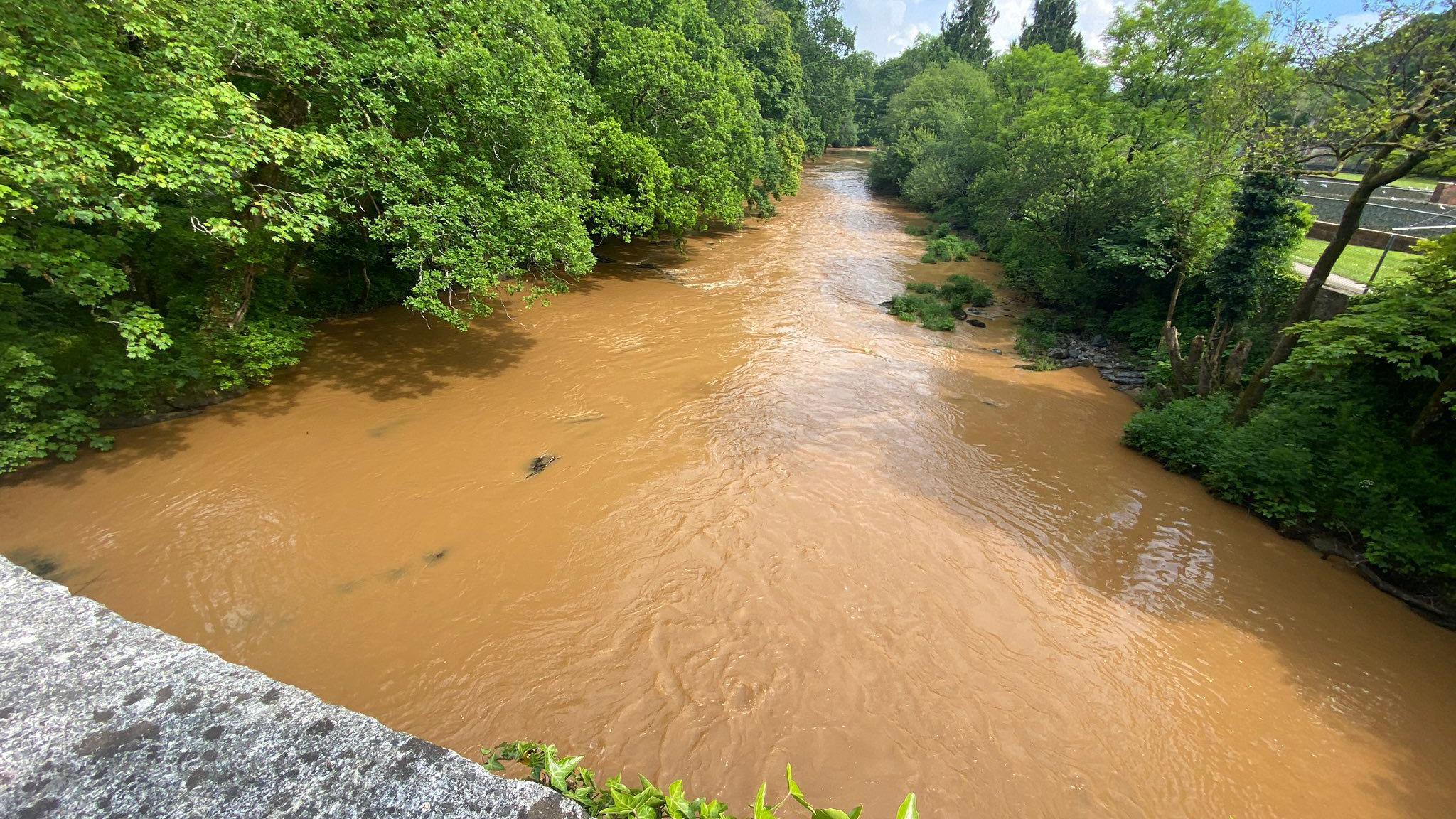One in 10 neighbourhoods 'unsafe for wildlife'
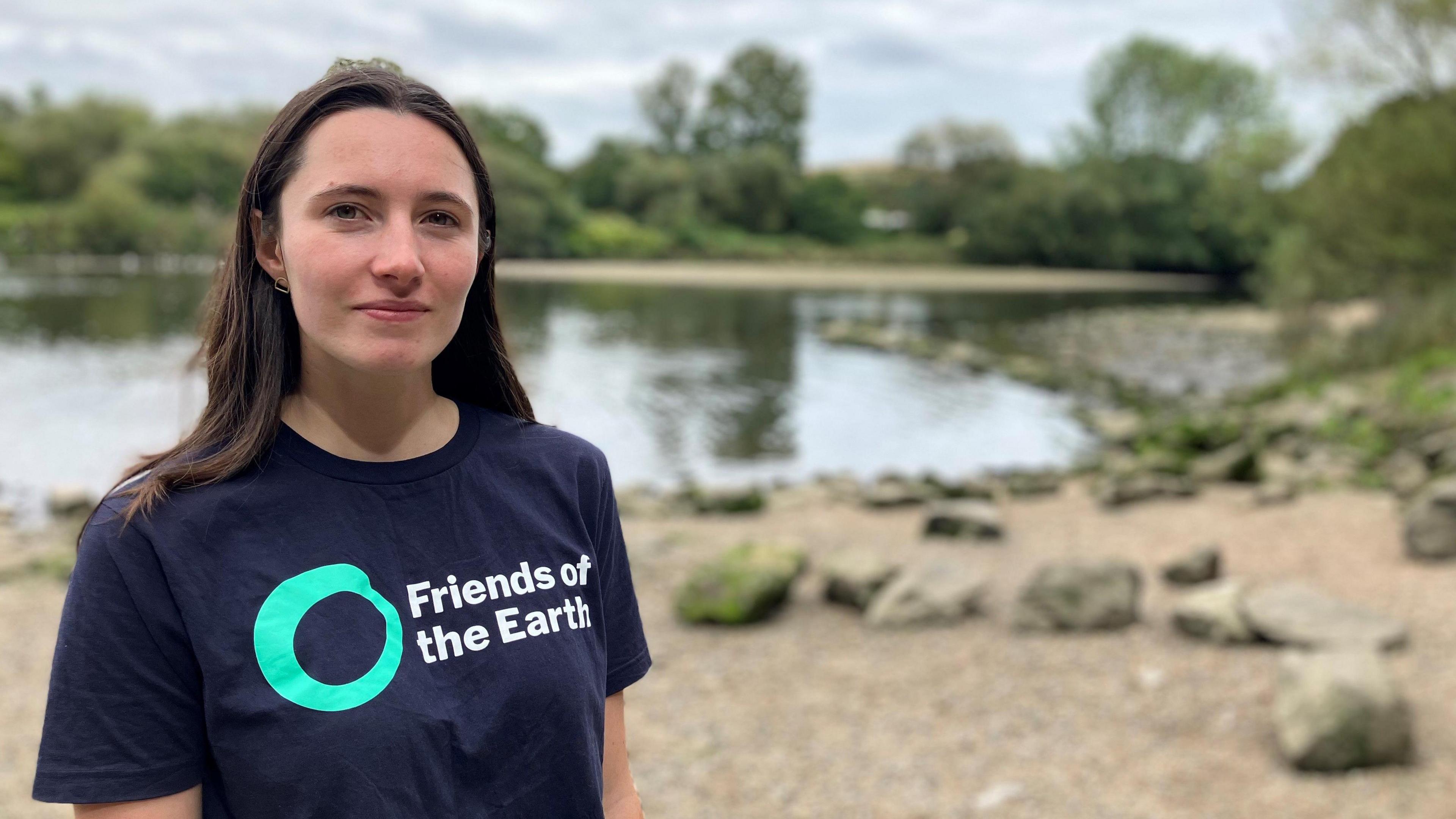
Sienna Somers, of Friends Of The Earth, said different forms of pollution can impact how animals communicate, feed and mate
- Published
One in 10 neighbourhoods across the South West has pollution levels deemed unsafe for wildlife, Friends of the Earth (FoE) has said.
The Isles of Scilly is the only authority in the region where air, water, noise or light pollution does not present a risk to nature, new data from the charity claims.
Across the South West, one in 10 neighbourhoods "breached safe pollution levels" in the four categories scrutinised by FoE, which said the levels threatened the future survival of species, including pollinating bees and native bats.
The Department for Environment, Food and Rural Affairs (Defra) said it had policies in place to tackle air and light pollution, while implementing changes to hold water companies to account.
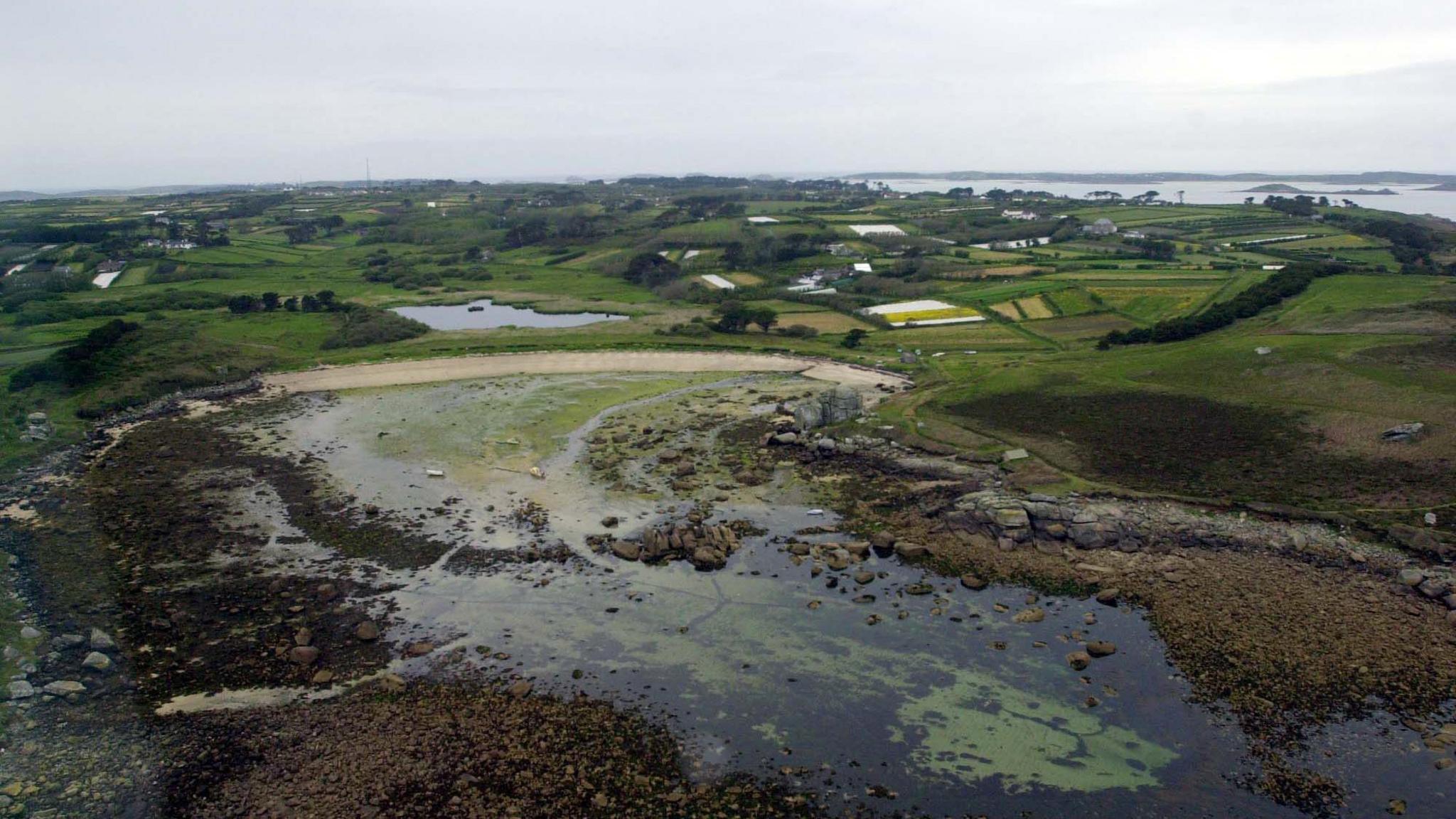
The Isles of Scilly was the only authority with no pollution levels classed as unsafe for wildlife, according to the report
'Shocking'
Sienna Somers, a senior nature campaigner at Friends of the Earth from Totnes, Devon, told the BBC the four types of pollution could impact “how animals communicate, how they feed and whether or not they can mate”.
She described their findings for the South West area, including Dorset, Somerset, Bristol, Wiltshire, Bornemouth, Christchurch and Poole, as “shocking” for a “pretty rural area”.
“It’s not just them – it’s also us. We have to live with the rampant water pollution and the sewage in our seas," she said.
“We also have to breathe the same dirty air, and we have to live with the kind of blinding lights and the kind of noisy roads that wildlife does."
She said it was “not a surprise” water pollution was Devon and Cornwall's biggest problem area, describing as “shocking” the amount of sewage in the water.
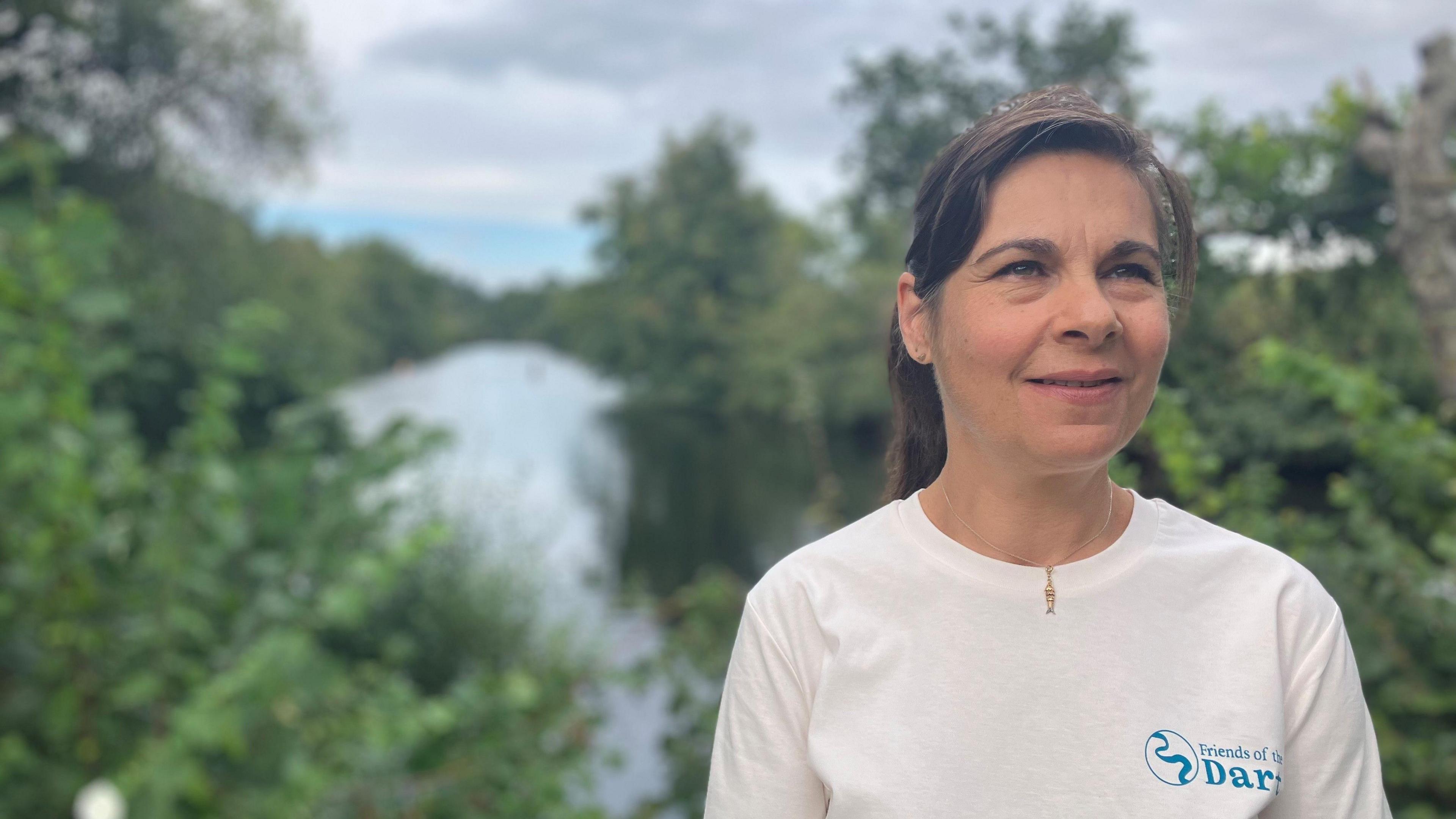
Nicky Rajska from Friends of the Dart
FoE said the River Dart at Totnes was found to have "unsafe" levels of water, light and noise pollution despite being a designated bathing spot and part of the Marine Conservation Zone.
Nicky Rajska, from Friends of the Dart, said: “It saddens me to think the water isn’t right for the natural world and is failing it.
"We are hoping through our work that we are identifying pollution sources and by eradicating those we will then help nature thrive."
Neighbourhoods were dubbed "pollution hotspots" when they were found to have "unsafe" levels of pollution across four sources, including waterways where raw sewage was dumped for more than 336 hours in 2023.
The charity also looked at air pollution levels exceeding World Health Organisation (WHO) guidelines, as well as artificial light and intrusive noise that disrupts wildlife.
Impact on wildlife
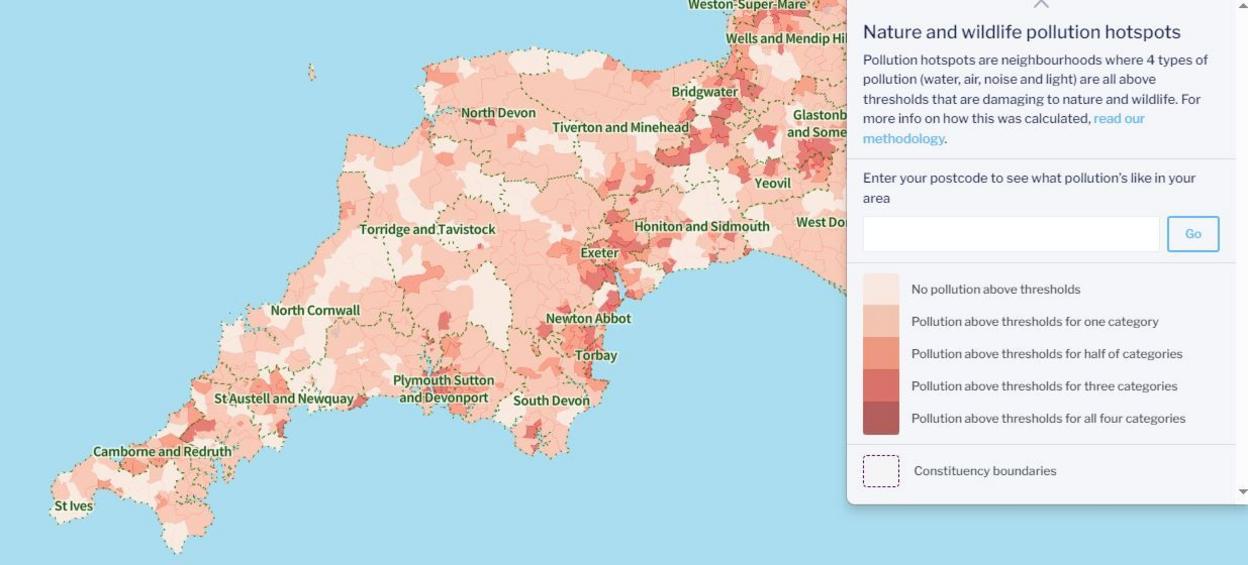
The charity has created a map indicating pollution levels in the different categories
How FoE says pollution affects different species:
Water pollution impacts species including otters, dippers Atlantic salmon and Water mayflies
Noise pollution affects 109 species, including birds, mammals, reptiles, amphibians, fish, arthropods, and molluscs
Light pollution affects nocturnal species like bats and moths. Artificial lighting can also confuse bird migration routes, lowering their chances of success, survival and reproduction
Air pollution impacts "about two-thirds of species" and reduces honeybees' ability to recognise scent by up to 90%
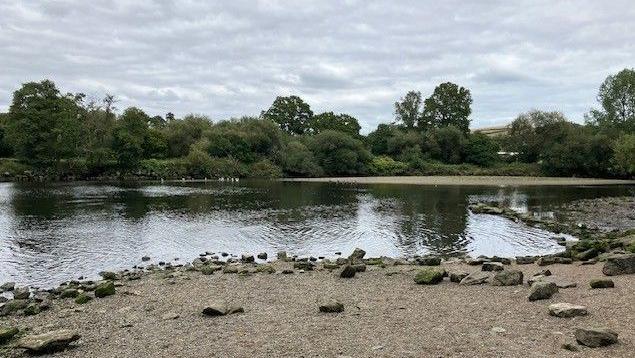
The River Dart in Totnes was found to have "unsafe" levels of water, light and noise pollution
'First landfall'
Among factors scrutinised by FoE were neighbourhoods where nitrogen dioxide (NO2) and PM2.5, another pollutant, breached WHO guidelines and where sewage spills totalled 336 hours (two weeks) or more.
The Isles of Scilly was the only authority in the South West where no pollution levels were breached, according to FoE.
Steve Green, founder of Clean Ocean Sailing, which sails around the Isles of Scilly picking up plastic and manmade rubbish, told the BBC it was "heartening" to hear the islands were the least polluted, according to the report.
He said: "In this day and age it's really heartening to hear some positive news about environmental issues for a change."
Mr Green cautioned there were still challenges for the islands, which are the "first landfall" for the North Atlantic, with "tonnes of plastic" being washed up.
'Ambitious strategy'
FoE said there were only seven hotspots in Devon and Cornwall which breached all pollution types, including air pollution.
Defra said it had a "comprehensive and ambitious" clean air strategy to reduce emissions and improve air pollution.
It said the National Planning Policy Framework included limiting light pollution from artificial light, and it encouraged "good design, planning policies and decisions" to limit light pollution.
It said the Water (Special Measures) Bill would result in a number of changes, including ensuring water bosses face personal criminal liability for lawbreaking.
South West Water said: “There are a wide range of factors which can affect water quality in our rivers and seas, including agricultural and urban pollution. We recognise that to improve the quality of our rivers, we all need to play our part.
“We are serious about tackling storm overflows and change of this scale takes time, ambition, and increased investment – we are working hard to actively reduce our use of storm overflows across the region as part of record level investment.”
Follow BBC Devon on X (formerly Twitter), external, Facebook, external and Instagram, external. Send your story ideas to spotlight@bbc.co.uk, external.
Related topics
- Published19 June 2024
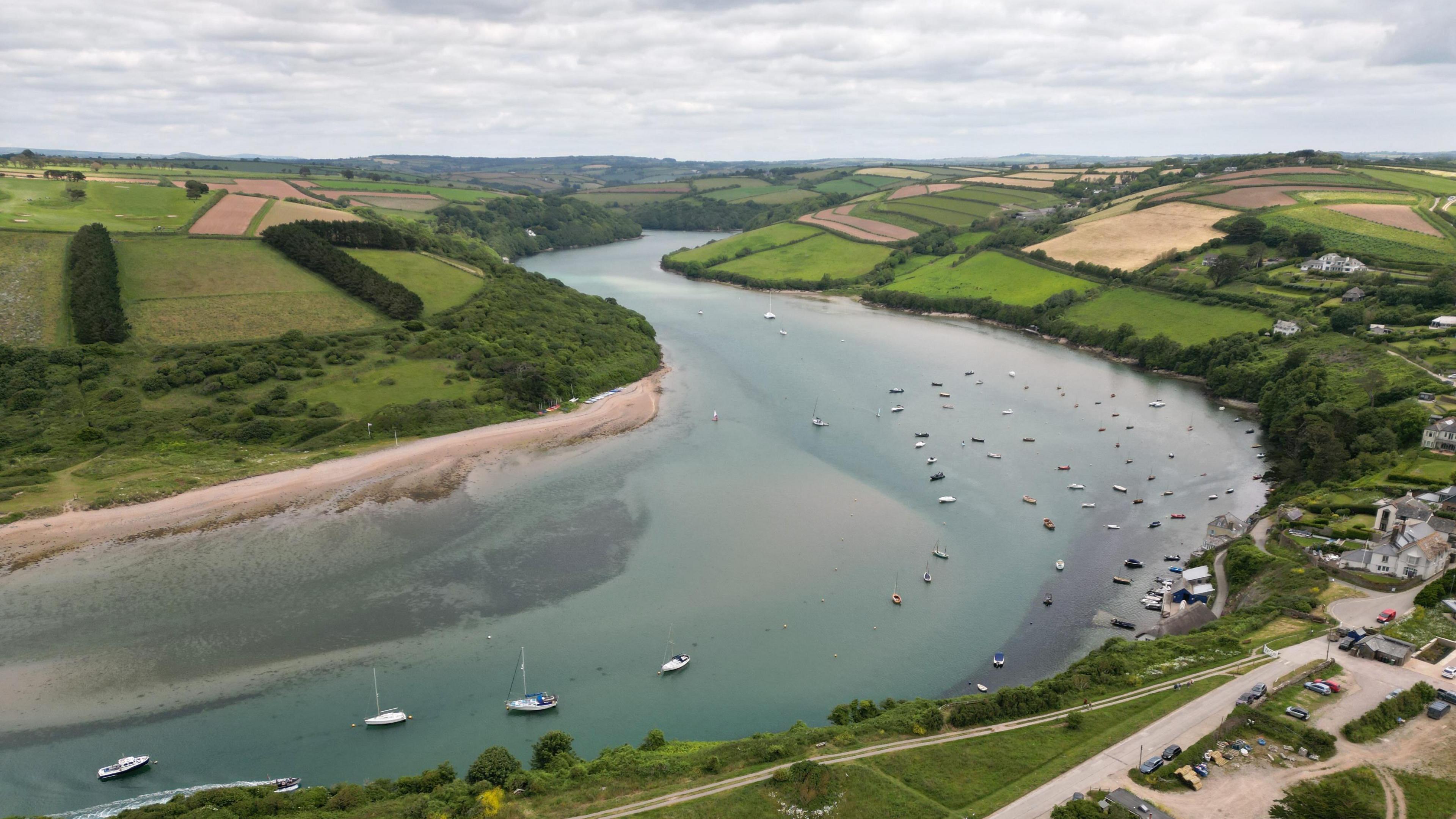
- Published2 September 2024
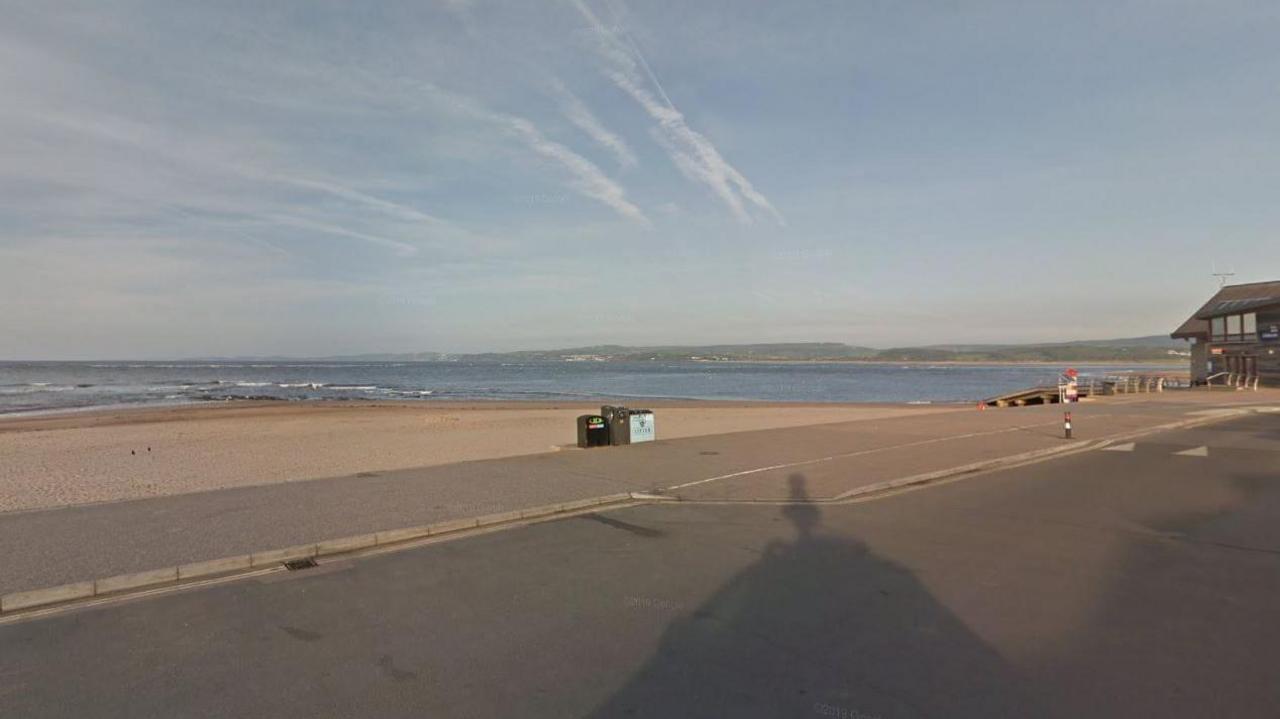
- Published22 May 2024
